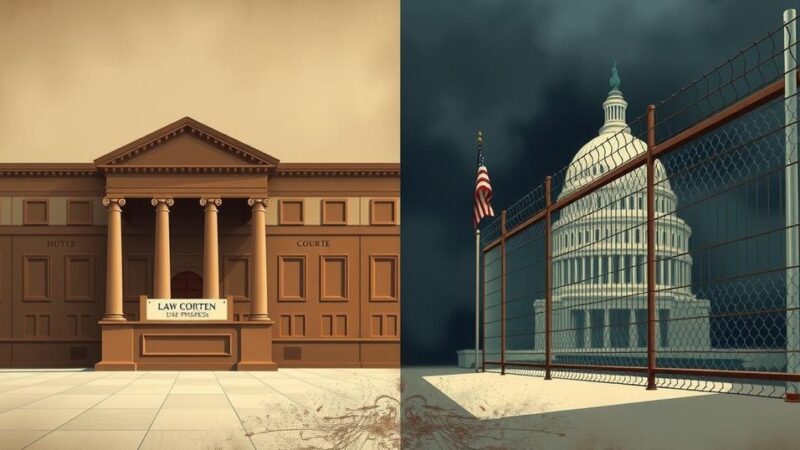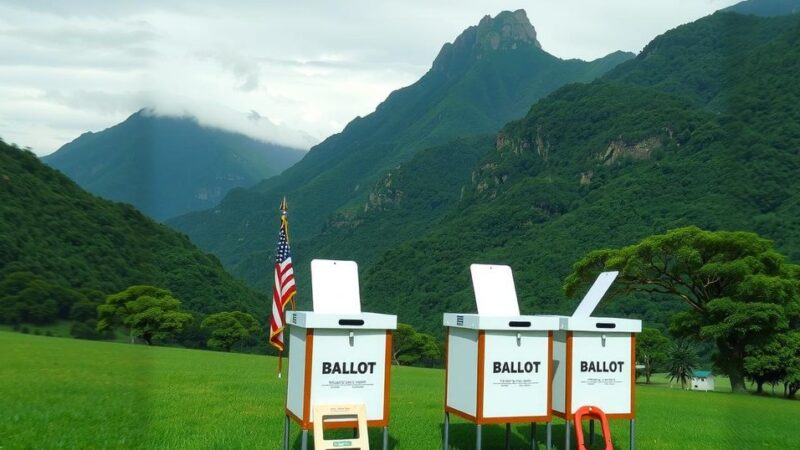Ecuador’s presidential election is imminent as voters face pressing issues like violence and unemployment. President Daniel Noboa seeks re-election after early elections were prompted by his predecessor’s impeachment. The election is crucial for Ecuador’s future as it grapples with crime and economic challenges, with Noboa rising unexpectedly to political prominence.
Ecuador’s upcoming presidential election is pivotal, as voters prepare to cast their ballots amid significant challenges such as violence, unemployment, and an ongoing energy crisis. President Daniel Noboa, who assumed office 15 months ago, seeks re-election following the early call for elections due to impeachment proceedings faced by his predecessor, Guillermo Lasso.
At the age of 37, Mr. Noboa, a graduate of Harvard Kennedy School and member of an affluent family, ascended unexpectedly in the political landscape. His election in 2023 allowed him to complete the remaining term of Mr. Lasso while contending with numerous issues plaguing the nation, which has nearly 18 million residents.
The stakes are high as Ecuador confronts drug-related violence and soaring unemployment rates that have compelled thousands to migrate to the United States in search of better prospects. This election serves as a crucial moment for the country’s future direction, fundamentally impacting its political and social landscape.
Five years prior, Mr. Noboa was relatively unrecognized in politics. He earned a legislative seat in 2021 and emerged from the bottom of the polls during the first round of the recent elections, ultimately achieving second place due to a strong debate performance. He subsequently triumphed over leftist candidate Luisa González in the decisive second round.
The political climate in Ecuador has been tumultuous, marked by economic instability, rising crime rates, and social discontent. President Guillermo Lasso’s impeachment proceedings due to embezzlement allegations prompted him to initiate early elections. Daniel Noboa’s rapid political ascent highlights the changing dynamics within Ecuadorian politics, reflecting a desire for effective leadership to address pressing national issues. The forthcoming election is a critical juncture for the country as it seeks to navigate these significant challenges.
In conclusion, the Ecuadorian presidential election represents a vital opportunity for voters to influence the future of the nation amidst a backdrop of severe challenges. President Daniel Noboa, who has shown unexpected political resilience, is poised to defend his position against pressing social issues. The election will likely determine the course of governance in Ecuador as it strives to overcome adversity and foster stability.
Original Source: www.nytimes.com






